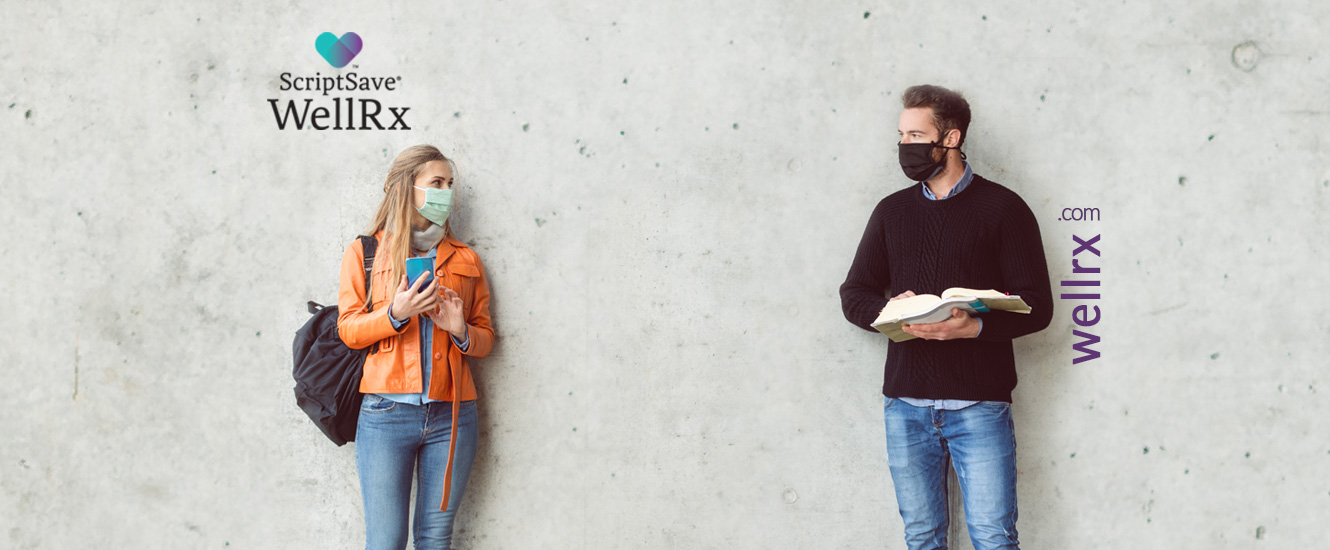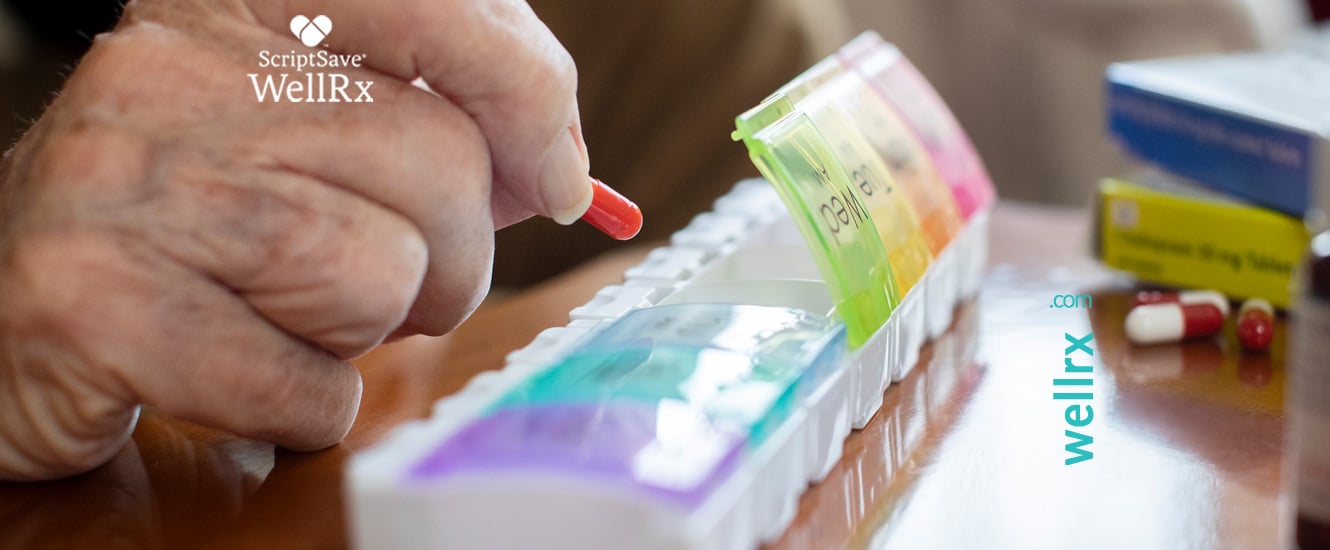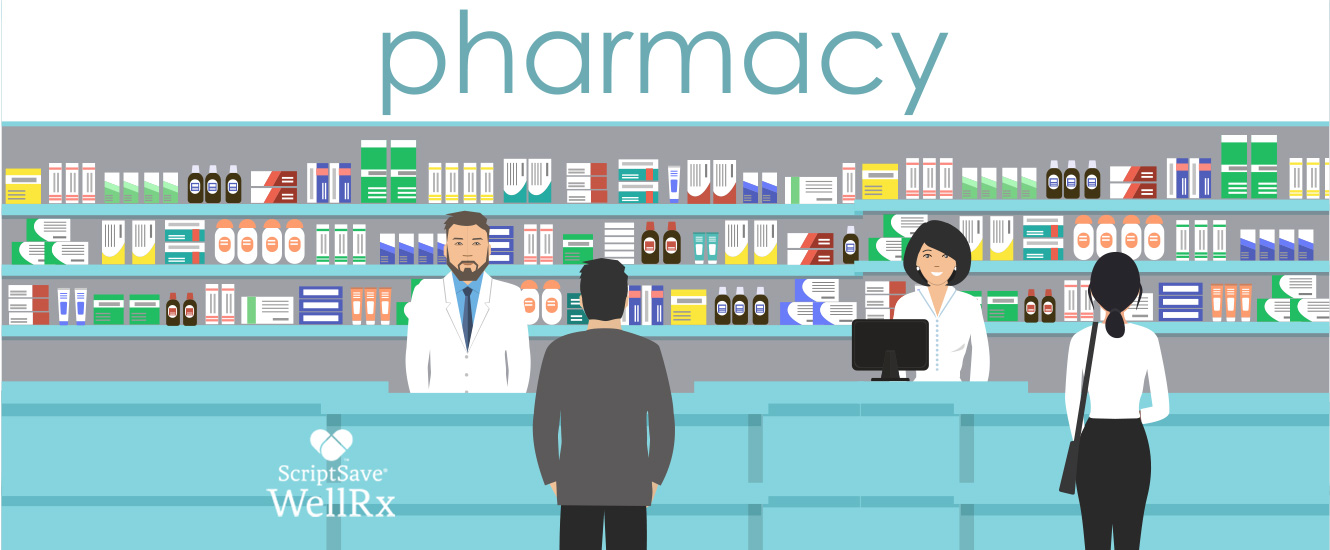There are over 16 million confirmed cases of coronavirus globally and more than 600,000 deaths from the virus, and these numbers are changing quickly. The current estimation is based on inconsistent diagnoses and reporting of acute illness, and likely underestimates the global scale of coronavirus infection.
COVID-19 is the designation of the novel coronavirus disease of 2019. This coronavirus is “novel” because it was never identified before its appearance in late 2019 in China. The “coronavirus,” as we know it, is actually one type of coronavirus, which has many variations. Severe acute respiratory syndrome coronavirus 2, or SARS-CoV-2 for short, is the virus that causes coronavirus disease 2019, or COVID-19.
What is to some a universal public health crisis has become to others a polarizing, highly political situation. The validity of the coronavirus and the means by which to reach a comprehensive resolution have stimulated discourse on issues of health, economy, individual rights, and social justice. Perhaps one reason is that, to a great extent, we still don’t know much about COVID-19 and its future. Another reason is that this disease has affected everyone. Whether it’s the transition to remote work, a canceled event or vacation, a retreat from social life, job or financial insecurity, or affliction with the virus itself, COVID-19 has, to some extent, touched all of our lives.
Many epidemiologists believe that the spread of this coronavirus began in Wuhan, China, in late 2019, and it was potentially transmitted from animals to humans. Under a microscope, the virus most resembles two established coronaviruses found in bats. Since the outbreak in Wuhan, it has been transmitted mainly via person-to-person contact. The virus is believed to be spread via droplet transmission, where respiratory droplets suspended in the air from coughing, sneezing, and talking makes contact with another person’s mucous membranes, such as those in the eyes, mouth, or nose, thus infecting a new host. Droplets can also travel indirectly through contaminated surfaces that an infected person touches, such as thermometers and tabletops. Droplets rarely travel more than six feet.
Scientists believe that SARS-CoV-2 can also travel via the airborne route, where particles much smaller than droplets are suspended in the air. This can happen during certain types of medical procedures in the airway where an aerosol is produced, such as endotracheal intubation, bronchoscopy, and nebulizer treatment.
Data indicate that people with COVID-19 are most contagious at the earlier stages of infection, possibly before they even have symptoms if they develop symptoms at all.
It was initially thought that hydroxychloroquine could be used to prevent infection after exposure, but data do not support this use. No FDA-approved postexposure prophylaxis for COVID-19 is available, although several clinical trials are underway. There is also no vaccine for COVID-19, but the World Health Organization has an increasing catalog of candidate vaccines and their stage of clinical evaluation.
The principle of social distancing is based on findings that the risk of coronavirus transmission increases as closeness and duration of contact increase among people. In most cities now, social distancing is sanctioned by local and regional government policies that prohibit or restrict access to nonessential public places where social proximity and crowds are likely, such as theaters, bars, and restaurants. In cities where such restrictions are not in place, individuals must use their own discretion when socializing. Even as restrictions lift, many choose to avoid public gatherings, particularly if they or a close family member is in a vulnerable state of health. Many essential services and organizations, such as public transportation and grocery stores, mitigate their inability to fully enforce social distancing by requiring masks, closing early to thoroughly disinfect, and, in some cases, restricting capacity.
It is well established that wearing a mask over the nose and mouth largely prevents the inhalation of large droplets, such as those by which SARS-CoV-2 spreads. Historically, patients with upper respiratory infections, such as influenza, are advised—and required in healthcare settings—to use a mask. N95 respirators are different than cloth or surgical face masks in that they require fit testing to establish a seal around the nose and mouth. This allows the wearer to breathe only air filtered through the N95 mask, which can filter out very small airborne particles. N95 masks are not necessary for use outside of the healthcare setting, particularly in procedural areas, where healthcare workers are exposed to airborne and fluid hazards. Instead, using cloth face masks is a prudent alternative in public spaces where social distancing is not feasible.
By protecting ourselves, we protect others. Social distancing and mask-wearing will protect us and others from spreading the virus, but there is more to protecting ourselves than our actions in public spaces. The importance of frequent handwashing and surface disinfection cannot be overstated. To many experts, having clean hands is the most important action to prevent the spread of any infectious disease.
High-quality nutrition and physical fitness are essential components of a healthy immune system, and scientists have made the case for both as protective factors against COVID-19. The availability of resources necessary to maintain a healthy lifestyle varies among different communities; thus, the current pandemic has further highlighted health disparities. That being said, healthy lifestyle recommendations amid the coronavirus are essentially no different than any other time: stay home when sick, wash your hands, eat well, and exercise. The only difference is that now we see clearly these actions in light of both their personal and social impacts.
Related stories:
What Are Social Determinants and How Do They Impact Your Overall Health?
COVID-19 Family Health Activities
How to Improve Your Mental Health During COVID-19
Nancy Swezey, BSN, RN, CNOR is a freelance writer and nurse researcher. She develops and presenting on initiatives in clinical settings, such as general healthcare, sustainability in surgery, and creating clinical teaching modules for nurses through CUNY Hunter in New York. NS also authors a blog on vegan and vegetarian topics. She is also a trained Epic EMR SuperUser.
Resources:
https://www.cdc.gov/coronavirus/2019-ncov/faq.html#:~:text=A%20novel%20coronavirus%20is%20a,like%20the%20common%20cold.
https://www.who.int/emergencies/diseases/novel-coronavirus-2019/situation-reports
https://www.uptodate.com/contents/coronavirus-disease-2019-covid-19-epidemiology-virology-and-prevention?search=coronavirus&source=search_result&selectedTitle=1~150&usage_type=default&display_rank=1#H2513094760
https://www.who.int/news-room/commentaries/detail/modes-of-transmission-of-virus-causing-covid-19-implications-for-ipc-precaution-recommendations
https://www.who.int/emergencies/diseases/novel-coronavirus-2019/technical-guidance/naming-the-coronavirus-disease-(covid-2019)-and-the-virus-that-causes-it
https://www.ncbi.nlm.nih.gov/pmc/articles/PMC7191114/
https://www.pewresearch.org/politics/2020/06/25/republicans-democrats-move-even-further-apart-in-coronavirus-concerns/
https://www.nejm.org/doi/full/10.1056/NEJMp2021209?query=featured_coronavirus
https://www.wellrx.com/hydroxychloroquine%20sulfate/drug-images/
https://clinicaltrials.gov/ct2/results?cond=Coronavirus+Infection&term=exposure&cntry=&state=&city=&dist=
https://www.who.int/publications/m/item/draft-landscape-of-covid-19-candidate-vaccines
https://www.nejm.org/doi/full/10.1056/NEJMp2021264
https://www.vumc.org/coronavirus/sites/default/files/COVID%20Documents/Wearing%20a%20Mask%20During%20CV-19%20%28HC-2008%29%2005-2020.pdf
https://www.bryanhealth.com/app/files/public/4960/wear-a-mask_8-5×11-2.pdf
https://www.cdc.gov/handwashing/when-how-handwashing.html
https://www.cdc.gov/coronavirus/2019-ncov/prevent-getting-sick/cleaning-disinfection.html
https://www.cdc.gov/handwashing/index.html













 Store & manage your medication list
Store & manage your medication list Medication pricing updates
Medication pricing updates Pill & refill reminders
Pill & refill reminders Medication journal & mood log
Medication journal & mood log